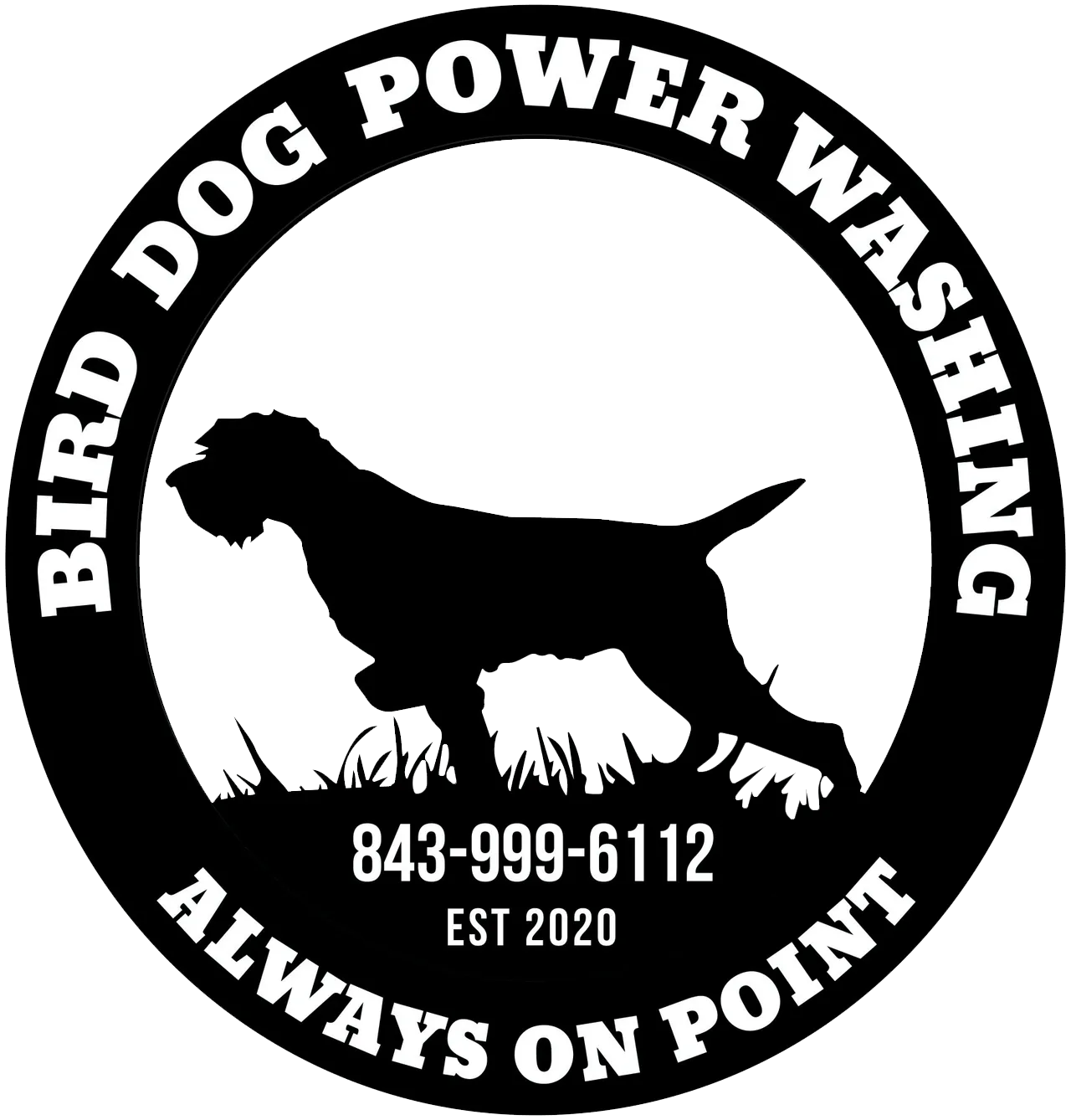Why Paver Sealing is a Necessity
Paver Sealing helps protect pavers from staining, mildew, fading, and the damage that can occur with freeze-thaw cycles. It also makes them easier to clean.
A variety of finishes is available from matte to wet look with options for color enhancement. A proper preparation process is required and any non-compatible existing sealers must be removed prior to applying a protective treatment. Read on for some ideas.
Preparation
Pavers can stain from mold, mildew, and rust as well as fade over time due to sun exposure. Sealing the pavers prevents this deterioration and makes it much easier to wash away dirt, debris, and grime that collects on the surface.
When applying paver sealer to your brick patio, driveway, or pool deck area it is important that you remove any furniture, plants, and other movable items. This will help to avoid damage from any overspray during the process. It is also recommended that you cover any plants near the area being sealed with plastic sheeting for protection.
To apply the paver sealer you can use a paint roller brush or sprayer with a wide fan nozzle. It is a good idea to follow the product instructions regarding drying times and number of coats required. You will know that the pavers are absorbing the sealer correctly when the area starts to darken in color. A second coat can be applied after a few hours to increase the protection and enhance the look.
Application
Pavers are a beautiful addition to any patio, pool deck, driveway, or other outdoor living area. They come in a variety of colors and styles to compliment your home’s design. Whether made of brick, concrete, or natural stone, a paver sealant will help keep your investment in great shape.
The most common reason for sealing a paved area is to prevent stains. Pavers are naturally porous, and they can easily absorb contaminants that will discolor the surface. A paver sealer will create a barrier that will protect the pavers from staining chemicals and oils.
Another benefit of paver sealants is to make it easier to clean the area. When pavers are not sealed, dirt becomes encrusted in the pores of the stones and can be difficult to remove without using harsh chemicals. Sealing the paved areas with a film-forming sealant will prevent this dirt buildup and make it easy to wash away any residue. It’s important that the paved area is dry before applying the sealer.
Drying
Sealing your pavers helps protect them from weathering, staining, and fading. It also makes cleaning easier and keeps them looking newer for longer.
Whether your pavers are concrete, brick, or stone it is important to wash them thoroughly before sealing them. This will remove any dirt and debris that is in the joints and between the pavers that can deteriorate over time causing mold, weed growth, or ant hills.
It is recommended to wait 24 hours before applying your sealer. This allows the pavers to fully dry after washing. It is also best to stay off the newly sealed area as it dries.
With a penetrating sealer, it is recommended to use a roller or lambswool applicator and low-pressure spray equipment to avoid atomizing the fine chemicals that can be harmful to breathe. A test area can be created by taping down a sheet of clear plastic over a small section to create a natural greenhouse that warms the surface and reveals any moisture that would indicate pavers are not ready to be sealed.
Maintenance
Pavers and retaining walls need to be protected from the elements to help them last longer and look better. The best way to protect your hardscape investment is by sealing your pavers. Our high-performance sealers will restore the original depth of color, repel stains, and deter surface deterioration.
Paver sealing should be done every one to three years depending on your use of the area and the amount of wear and tear that occurs. You can tell that your sealant is wearing thin when you see cracks or chips in the pavers, or if they darken after a rain.
Properly sealed pavers will also be less prone to mold and mildew growth, and they should require far less cleaning than un-sealed ones. Light pressure washing with water and a mild detergent can be used to keep the pavers looking clean and fresh. Avoid using chlorine bleach or acidic solutions as these will damage the sealer. Check this helpful information.

